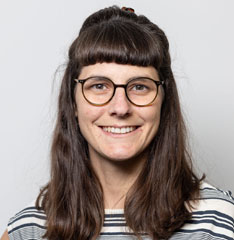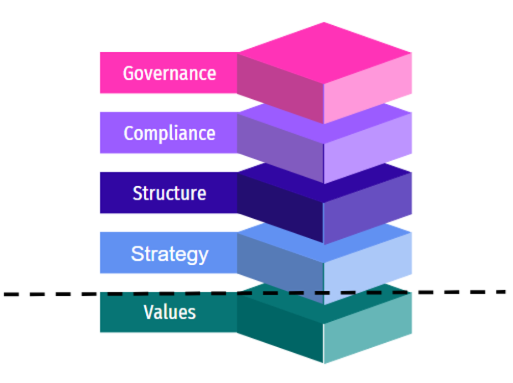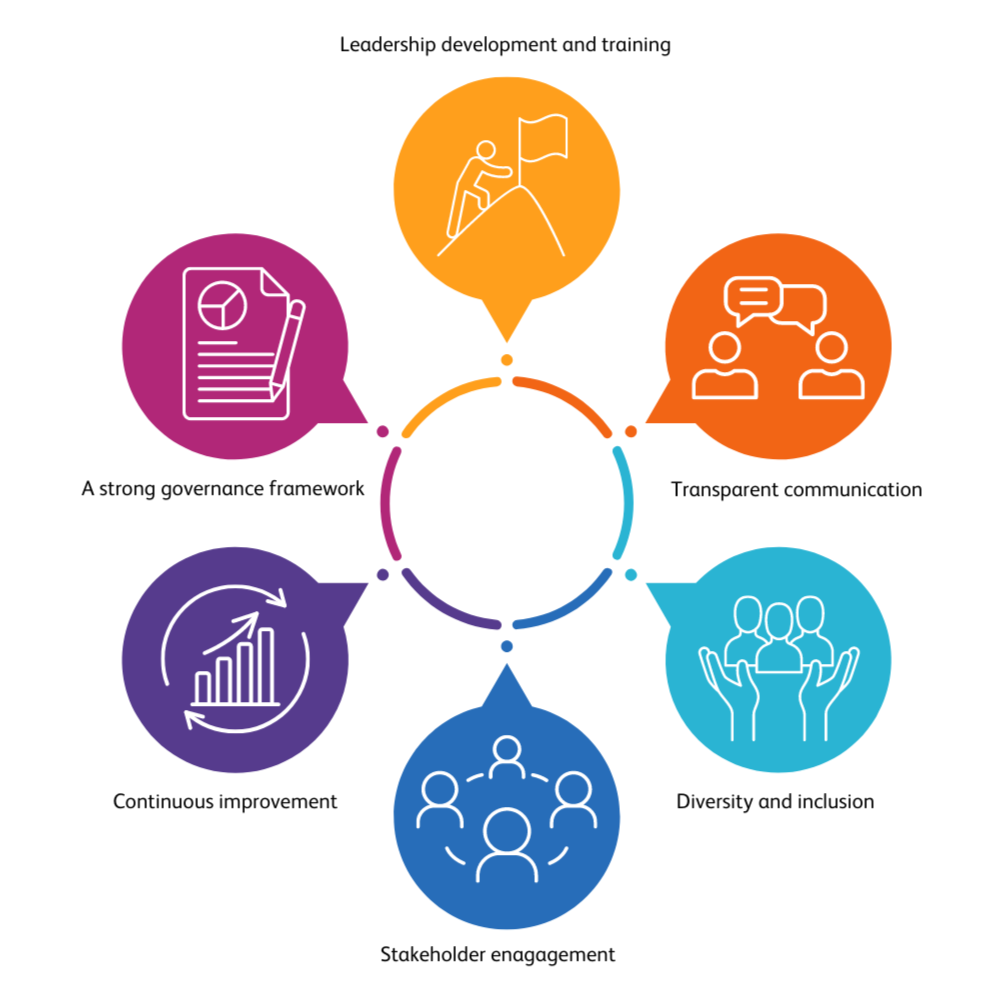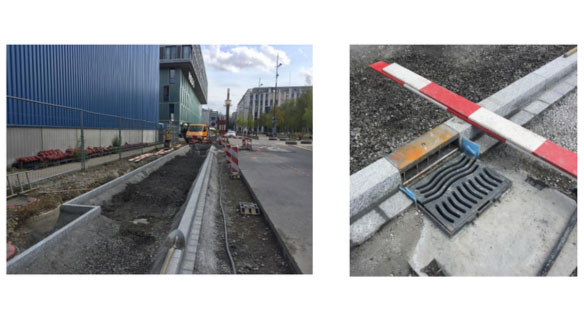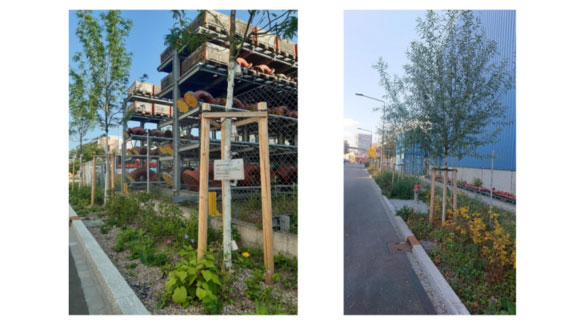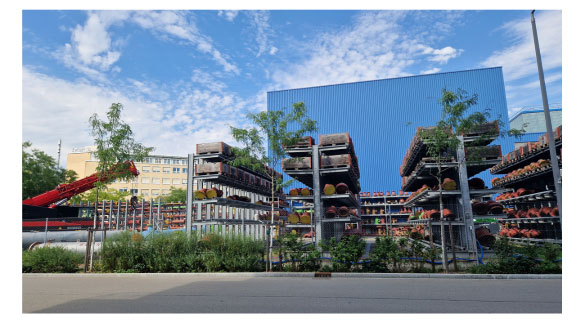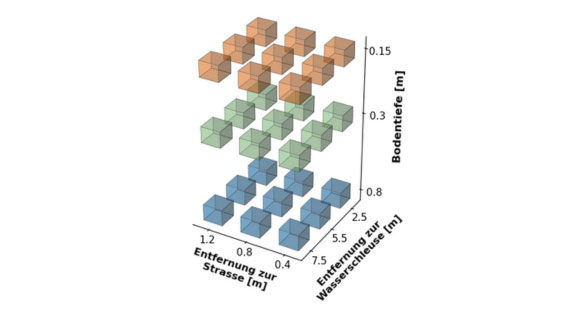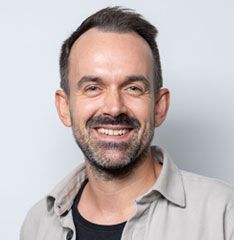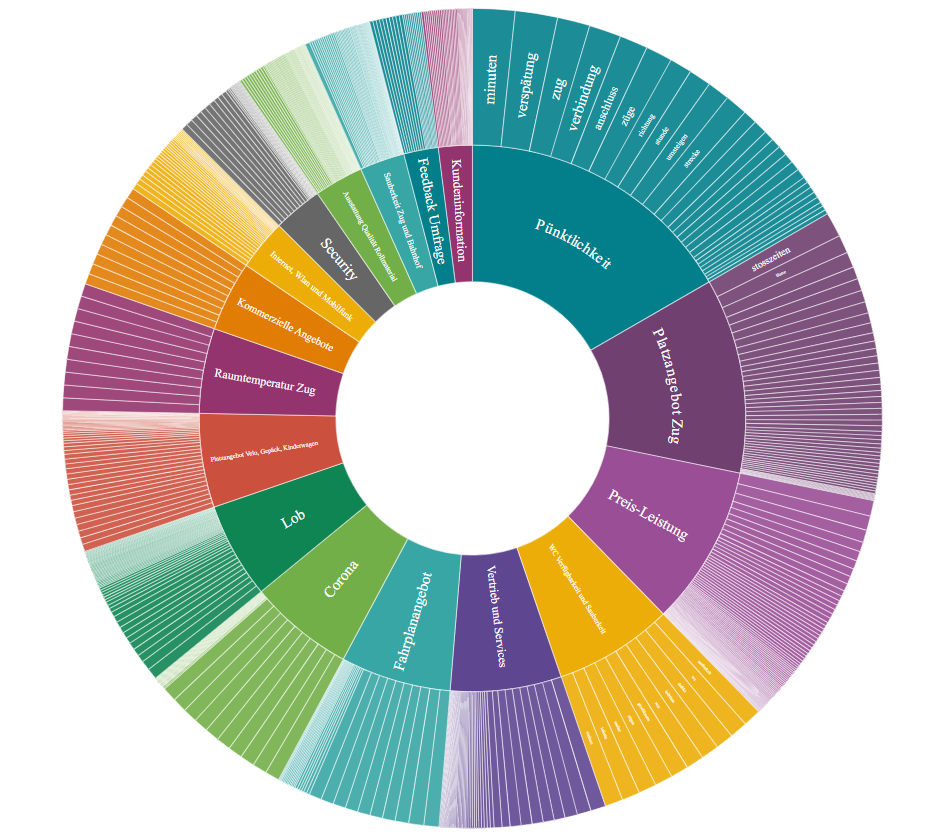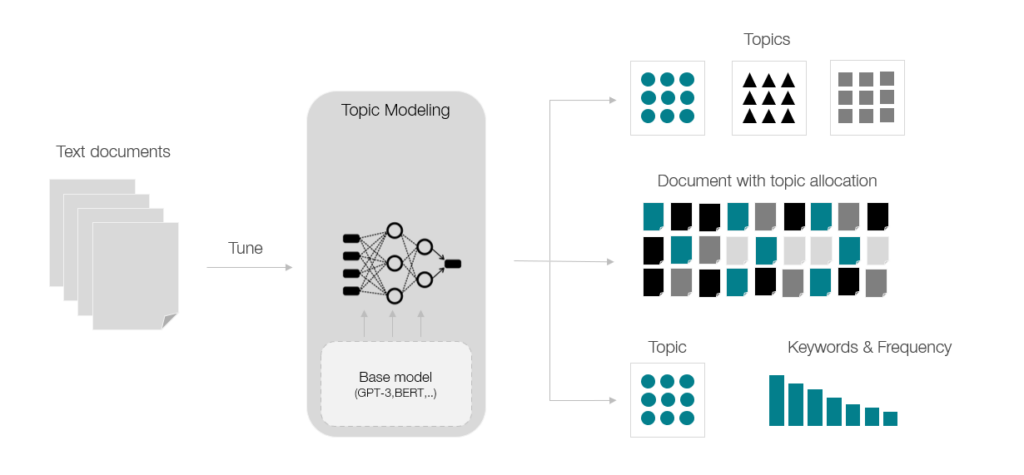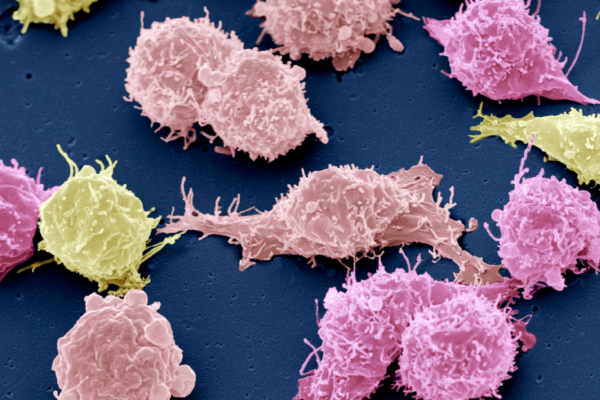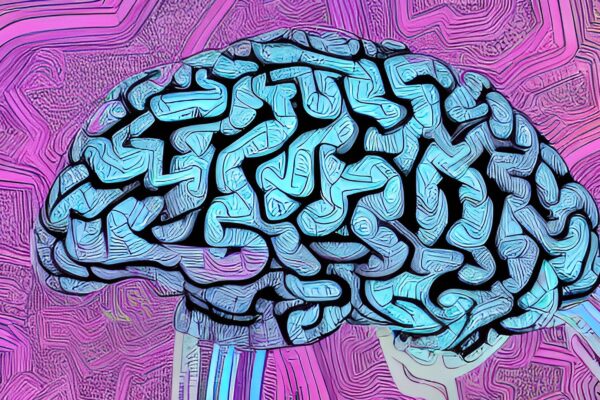
Why digital ethics is important in modern organisations
"Digital ethics are critical to modern business organisations, guiding the responsible use of technology and ensuring transparency, fairness and accountability," says HSLU lecturer and AI ethics expert Dr Dimitrios Marinos. Adherence to ethical standards builds trust with stakeholders, fosters innovation and mitigates the risks associated with unethical behaviour, ultimately contributing to long-term success and sustainability.
Shortcuts:
Intro | Organisational blockers | Organisational opportunities | Digital Ethics Framework
Info-Events | Programme Information | Contact

Dr Dimitrios Marinos, our lecturer at HSLU, has deep expertise in artificial intelligence, big data analytics, digital transformation, AI ethics, data governance and more.
Digital ethics: A blocker or an opportunity?
In the modern era of digital transformation, the ethical considerations surrounding the use of technology within organisations have become increasingly important. Digital ethics encompasses a wide range of principles and practices that guide the responsible and ethical use of digital technologies. Within organisations, digital ethics presents both obstacles and opportunities that shape the way technology is developed, implemented and used.
Organisational blockers
One of the main blockers to digital ethics in modern organisations is the rapid pace of technological advancement. As organisations adopt cutting-edge technologies such as artificial intelligence, big data analytics and machine learning, they often face ethical dilemmas around privacy, transparency and accountability. The complexity of these technologies can sometimes obscure the potential ethical implications, leading to unintended consequences such as biased algorithms or unethical data practices.
Another obstacle is the lack of clear regulatory frameworks and guidelines for digital ethics. While some regulations, such as the General Data Protection Regulation (GDPR), provide guidelines for data privacy and protection, there is still a need for comprehensive regulations that address emerging ethical issues in technology. Without robust regulatory oversight, organisations may struggle to navigate the ethical landscape and ensure compliance with ethical standards.
Organisational opportunities
Despite these barriers, digital ethics also presents significant opportunities for modern organisations. By prioritising ethical considerations in their use of technology, organisations can build trust with stakeholders, including customers, employees and regulators. Ethical practices such as transparent data collection and use, algorithmic fairness, and responsible use of AI can enhance an organisation’s reputation and mitigate the risks associated with unethical behaviour.
In addition, embracing digital ethics can foster innovation and creativity within organisations. By encouraging ethical thinking and decision-making among employees, organisations can harness diverse perspectives to develop technology solutions that prioritise social good and human well-being. Ethical considerations can also drive the development of sustainable business models that balance profit with social and environmental responsibility.
Digital Ethics Framework
Although digital ethics is vital and every stakeholder needs to be covered, a very central question often arises: how do we study digital ethics?
Woven into every stage of technological innovation, ethical standards have a profound impact on society as a whole, shaping our global trajectory. As the pace of progress accelerates, so do the ethical challenges, requiring the continuous integration of new concepts and perspectives. The intricate interplay of complexity, nuance and rapid change makes it impossible for any one individual to claim mastery over every aspect of data and technology ethics.
The evolution of data ethics and responsible innovation standards and decision-making practices depends on collaboration, openness, curiosity, and an unwavering commitment to ongoing transformation. The Systemic Data Ethics Framework serves as a platform for collaboration and co-evolution. Rather than starting with an analysis of current practices and understandings, it takes a holistic approach, identifying twelve fixed domains, each of which represents an essential component necessary to realise the principles of data ethics.

This systemic structure provides stability while remaining flexible enough to accommodate new and diverse perspectives, even in an environment of constant change and innovation. This ability to absorb new insights is the foundation for managing the incredible complexity of the field, fostering cross-disciplinary and multicultural collaboration, encouraging inquiry and revealing interconnectedness. This model facilitates large-scale collaboration, creates new business opportunities and drives systemic change. Establishing a collaborative, systemic, human-centred approach as the default mode of engagement with data ethics is the critical starting point.
Digital ethics presents both obstacles and opportunities for modern organisations. While the rapid pace of technological advancement and lack of regulatory guidance present challenges, prioritising ethical considerations can build trust, foster innovation and create sustainable value for organisations and society as a whole. Embracing digital ethics is not only a moral imperative, but also a strategic one for organisations seeking to thrive in an increasingly digitised world.
We would like to thank Dr Dimitrios Marinos for his dedication and for sharing these valuable insights.
Data is the resource of the 21st century!
Register and join us for a free online Information-Event:
Monday, 11 August 2025 (Online, English)
Monday, 8 September 2025 (Online, German)
Monday, 6 October 2025 (Online, English)
Monday, 3 November 2025 (Online, German)
Programme Info: MSc in Applied Information and Data Science
More Field Reports & Experiences: Professional portraits & study insights
Frequently Asked Questions: FAQ



